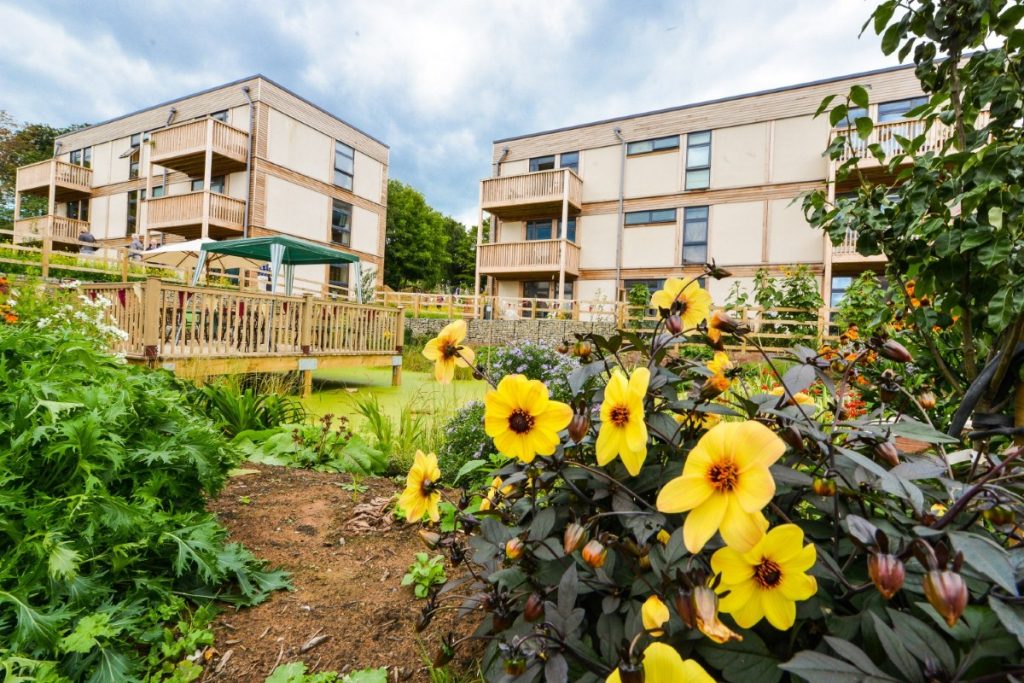By Rob Greenland
There has been lots of talk lately about how to tackle the housing crisis but the solutions are nearly always top-down, not community-led. This is a predictable mistake.
The government plans included in last week’s housing white paper are a start, but the scale of the problem suggests that our broken housing market isn't going to be fixed in any meaningful way any time soon.
That's why a group of us got together two years ago to explore what more could be done in our home city of Leeds. With years of experience working for housing social enterprises including Latch, Canopy and Empty Homes Doctor, we wanted to explore how a community-led approach to creating more housing could make a real difference to how homes are created in the city.


We plan to create housing ourselves – by buying land, building homes, partnering with developers and renovating empty properties. But we also aim to support others to take control of meeting their housing needs. We’ve already been approached by half a dozen groups with a range of ideas including co-housing, a student housing co-op and housing for older people.
With an ambitious 1,000 home target over the next ten years, it was important to make a quick start. In October last year we launched a community share offer, to raise £360,000 to acquire 16 permanently affordable homes on a city-centre development in Leeds' emerging Climate Innovation District. Nine of the homes – which are available to us to buy through a developer-funded Section 106 agreement – will be charged at a social rent, while seven will be sold on at around two-thirds of market value. Importantly, there will be legal agreements in place to ensure that the homes remain affordable in perpetuity.

The response to our proposals was overwhelming – and just over three months after launching our share offer, we hit our £360,000 target. It demonstrated that even with the promise of only a modest financial return (two per cent after 2020) there are plenty of people out there who care about the many people who are struggling to find decent, affordable places to live – and are prepared to do something about it.
Volume housebuilders are clearly going to continue to build the majority of homes in this country – but they aren't going to solve the housing crisis on their own. They will build, as you would expect, at a rate that suits them and their shareholders. But that won't necessarily be what we need to create more housing at more affordable prices. So, alongside significant increases in homes built by councils and housing associations, we think the rest of us have a role to play too.
There are particular opportunities around smaller plots of brownfield land. We can also use innovative construction methods to build more quickly and cheaply. Recent innovations in factory-built homes mean that it's becoming easier to build at high standards of environmental sustainability. That's good for the environment but also good for people who will be housed by Leeds Community Homes, people who are accustomed to renting poorly-insulated homes that leave them in fuel poverty.
The good news is that we're far from alone. There's a thriving network of community-land trusts and funders and social investors are starting to take a real interest in this approach. Power To Change, which backed our share offer with £100,000 of match investment, announced this week a further £1 million of funding for community-led housing. A group of funders met last week to co-ordinate how they can support this emerging market.
There’s no end of work that needs doing to fix our broken housing market and people power isn't going to solve all our problems. But, in the spirit of the times, we believe it's important that as citizens we take back control of meeting one of our most basic human needs: shelter.
Rob Greenland is a founder member of Leeds Community Homes. He is also co-director of Social Business Brokers CIC, the social enterprise that delivers the Empty Homes Doctor service. He blogs at www.thesocialbusiness.co.uk and can be found on Twitter @TheSocBiz.
The opinions in politics.co.uk's Comment and Analysis section are those of the author and are no reflection of the views of the website or its owners.









